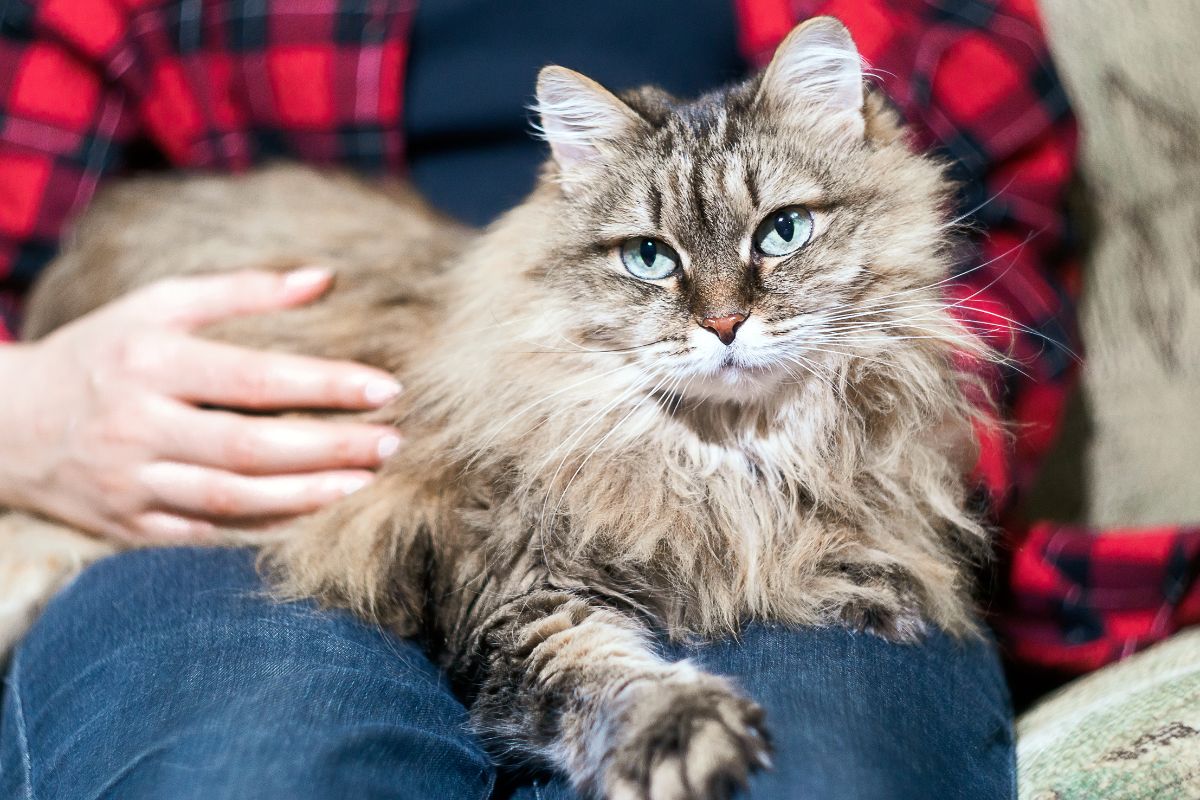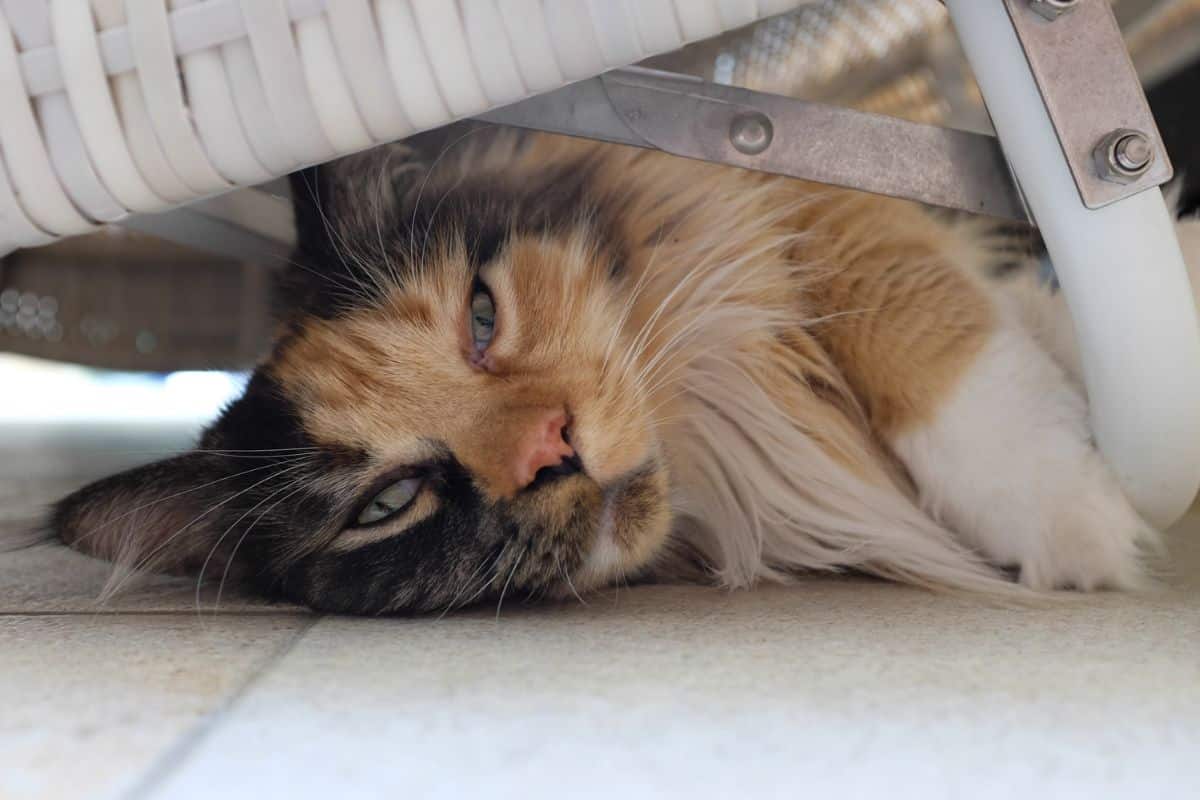Cats are well-loved for a million different reasons. They’re not only adorable and loving. They also have proven wellness benefits for their owners and their families. Having a cat at home has given a great number of people a better quality of life. Cats have stress-relieving qualities and just simply makes their owners live a happier life overall. Even just petting your cat can already ease away some of the stress and make you feel better in a jiffy.

Just imagine having a charming Maine Coon cat at home with you. Maine Coon cats are loving and loyal cats. They enjoy spending a lot of time with their owner and just being nearby ready for snuggle. They have such playful personalities too. Playing with a Maine Coon cat can surely brighten up a gloomy day.
Jump to:
Cat Allergies
Unfortunately, despite these benefits there are people who couldn’t have cats even when they want to. It’s because they’re allergic to cats. For somebody who is aware of this condition beforehand, it’s not much of a problem. But there are people who find out about being allergic when they already have a cat that they love. It can be heartbreaking to decide whether to keep their beloved cat. Some people even choose to live with the symptoms and learn to manage it so that they wouldn’t have to let their cat go.
What Causes Cat Allergies
While some people may think that they are allergic to a cat’s fur, it’s not actually the fur that causes the reaction. Usually the allergens come from a cat’s dead skin called dander. It can also be from their salivary glands or urine. When the cat grooms, the proteins from their saliva get into contact with dander. Exposure to these allergens can cause an allergic person mild to severe symptoms and so, treatment will also vary.
Symptoms and Treatment of Cat Allergies

When exposed to allergens from cats, symptoms may vary depending on exposure and how allergic a person is. Some common symptoms are runny/stuffy nose, swollen red eyes, sneezing and wheezing, coughing, itchy throat, rashes on the face, neck and chest. It can also cause asthma for some people.
As they say, prevention is better than cure. If allergic to cats, it will be good to avoid or at least lower exposure to the allergens. If there’s a cat in the house, thorough cleaning can help to ensure allergens like dander don’t collect in some areas. Wash hands right away after touching the cat. Restricting the cat from certain areas of the house like the bedroom of the allergic person can also be a good idea. Bathing and grooming the cat regularly can also help reduce the amount of allergens in the air.
Are there cats that won't cause allergies?
There are some cat breeds that are said to be hypoallergenic. Hypoallergenic cats are cats that produce lower levels of Fel d 1. It is a protein produced mainly in the cat’s saliva and sebaceous glands. It is one of the most common allergens from cats. The Siberian and the Balinese cat breeds are some of the most popular hypoallergenic cat breeds. Since they produce low levels of allergens, they are less likely to trigger allergic reactions in humans. There are several other hypoallergenic breeds of cats. However, it does not necessarily mean that they won’t totally cause a reaction for someone who’s allergic to cats. Knowing how to manage the symptoms is still important.
Are Maine coons hypoallergenic?
Maine Coon cats are well loved by a lot of people. However, there is no indication that Maine Coon cats produce low levels of allergens too. With that, the simple answer is no, they are not hypoallergenic. If a person’s cat allergies is severe, it may be for the best to avoid owning a Maine Coon cat. Maine Coon cats have thick fur and some possibly shed a lot of it at certain times of the year.




